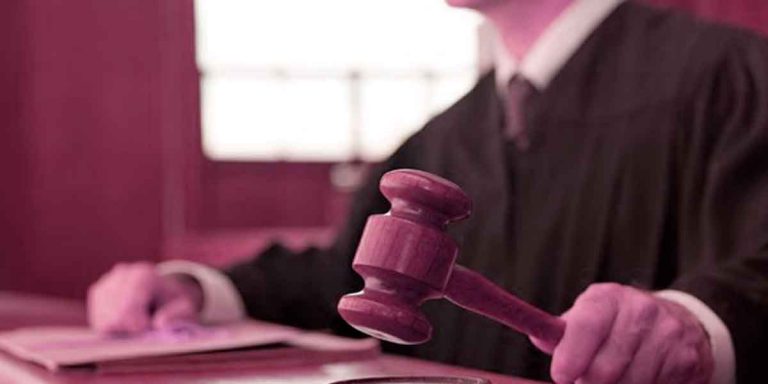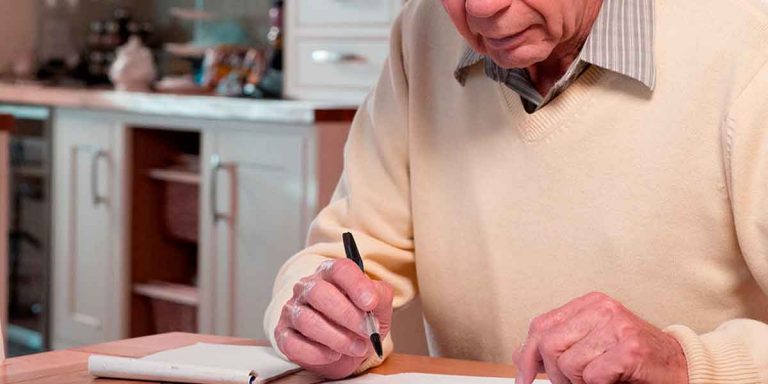
How Much Does Probate Cost?
Probate is a legal system which has been designed to regulate the passing down ownership rights of the assets in the estate of a deceased
Home » Probate Attorney » Page 23

Probate is a legal system which has been designed to regulate the passing down ownership rights of the assets in the estate of a deceased
The probate process is a legal means through which the probate court determines the validity of the will and last testament of the testator. If
Probate is a legal process which is used by the court of law to determine if the last will and testament of a deceased person
Planning your estate and having a last will and testament is important to ensuring your final wishes are carried out and your heirs receive everything

What is Probate Probate is the term for a legal process in which a will is reviewed to determine whether it is valid and authentic.

Meaning of Probate Probate is the term for a legal process in which a will is reviewed to determine whether it is valid and authentic.
Generally, probate assets are those which are solely owned by the deceased and do not have a beneficiary designation to allow them to pass to
Probate is a legal process which involve the validation of the will and last testament of the testator. The process commences after it has been

Probate Probate is a legal process which is carried out by the surrogate court. It is done to determine the validity of the last will

Meaning of Probate Probate is the term for a legal process in which a will is reviewed to determine whether it is valid and authentic.